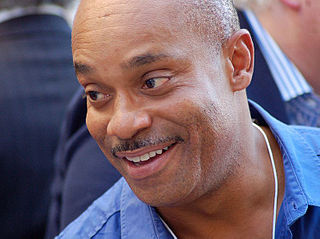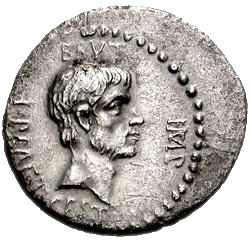A Quote by Richard Cornuelle
Philanthropic leaders genially speak of complementing government, not competing with it as if monopoly were good and competition destructive-thus unwittingly conspiring against the public interest.
Related Quotes
If a company is not a monopoly, then the law assumes market competition can restrain the company's actions. No problem. If a monopoly exists, but the monopoly does not engage in acts designed to destroy competition, then we can assume that it earned and is keeping its monopoly the pro-consumer way: by out-innovating its competitors.
When governments go too far to punish people for actions that are dissent rather than a real threat to the nation, they risk delegitimizing not just their systems of justice, but the legitimacy of the government itself. Because when they bring political charges against people for acts that were clearly at least intended to work in the public interest, they deny them the opportunity to mount a public-interest defense.
It is not competition, but monopoly, that deprives labor of its product. Destroy the banking monopoly, establish freedom in finance, and down will go interest on money through the beneficent influence of competition. Capital will be set free, business will flourish, new enterprises will start, labor will be in demand, and gradually the wages of labor will rise to a level with its product.
When movies work or a TV series, when they really work, it's because of the collaborative effort. Competition is the death knell for anything, in my opinion. Especially in Hollywood. When actors are competing against each other, or when directors are competing against actors, it's usually the beginning of the end.
RTE was set up by legislation as an instrument of public policy, and, as such is responsible to the government. The government have overall responsibility for its conduct, and especially the obligation to ensure that its programmes do not offend against the public interest or conflict with national policy as defined in legislation. To this extent the government rejected the view that RTE should be, either generally or in regard to its current affairs programmes, completely independent of government supervision.
Unable to maintain their government-granted monopoly, the powerful railroad
interests turned to government to do the regulating and price-fixing which they
were unable to do themselves. In fact, the pressure that induced Congress to
enact the Interstate Commerce Act of 1887 did not come from reformers bemoaning
abuses by the powerful railroad interests; it came from the railroad interests
themselves, asking Congress to shield them against the harsh winds of
competition.
Thus, then, stands the case. It is good, that authors should be remunerated; and the least exceptionable way of remunerating them is by a monopoly. Yet monopoly is an evil. For the sake of the good we must submit to the evil; but the evil ought not to last a day longer than is necessary for the purpose of securing the good.
... between government, business, and the public, there is a triangular community of interest. Clearly, it is in business' interest to shape its behavior to prevailing public values; it is more efficient to do so than not to do so. It is also clear that government is the high-cost alternative through which public values are imposed on corporations that do not accurately perceive these values.

































